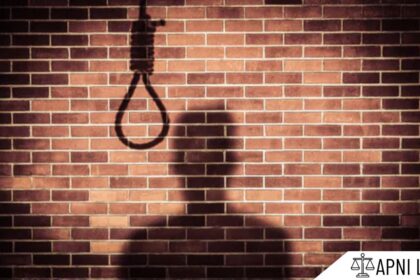Code
Whenever any person, who is absent would be liable to be punished as an abettor, is present when the act or offence for which he would be punishable in consequence of the abetment is committed, he shall be deemed to have committed such act or offence.
Explain It
Section 114 IPC deals with the situation where a person is present at the scene when an offence is being committed and intentionally helps in its commission. This help can be provided through acts (doing something to facilitate the crime) or illegal omissions (failing to do something that could have prevented the crime).
For a person to be considered an abettor under this section, the following conditions must be met:
- The person must be presentF at the scene of the crime.
- The person must intentionally aid in the commission of the offence.
- The aid must be provided through acts or illegal omissions.
Illustrate It
Let’s consider an example:
A and B decide to rob a shop. A enters the shop and threatens the shopkeeper with a knife while B stands outside, keeping watch. B sees the shopkeeper struggling and calls out to A, encouraging him to continue the robbery. In this scenario, both A and B are abettors under Section 114 IPC. A is the main offender, while B is the abettor present at the scene, aiding in the crime by keeping watch and encouraging A.
Common Questions and Answers
Q: What is the difference between abetment by act and abetment by illegal omission?
A: Abetment by act involves actively doing something to aid the crime, like providing a weapon or distracting the victim. Abetment by illegal omission involves failing to do something that could have prevented the crime, like failing to report the crime or failing to help the victim.
Q: Does presence at the scene have to be physical?
A: No, presence at the scene can be physical or constructive. For example, a person directing the crime from a distance, or a person watching the crime unfold on a CCTV screen, can be considered present at the scene.
Q: What is the punishment for abetment under Section 114 IPC?
A: The punishment for abetment under this section is the same as the punishment for the offence itself, unless a lesser punishment is specifically prescribed for abetment.










